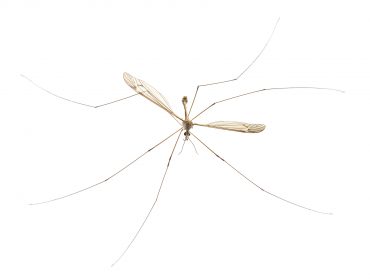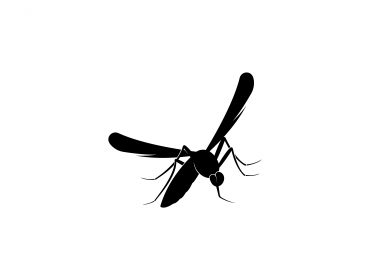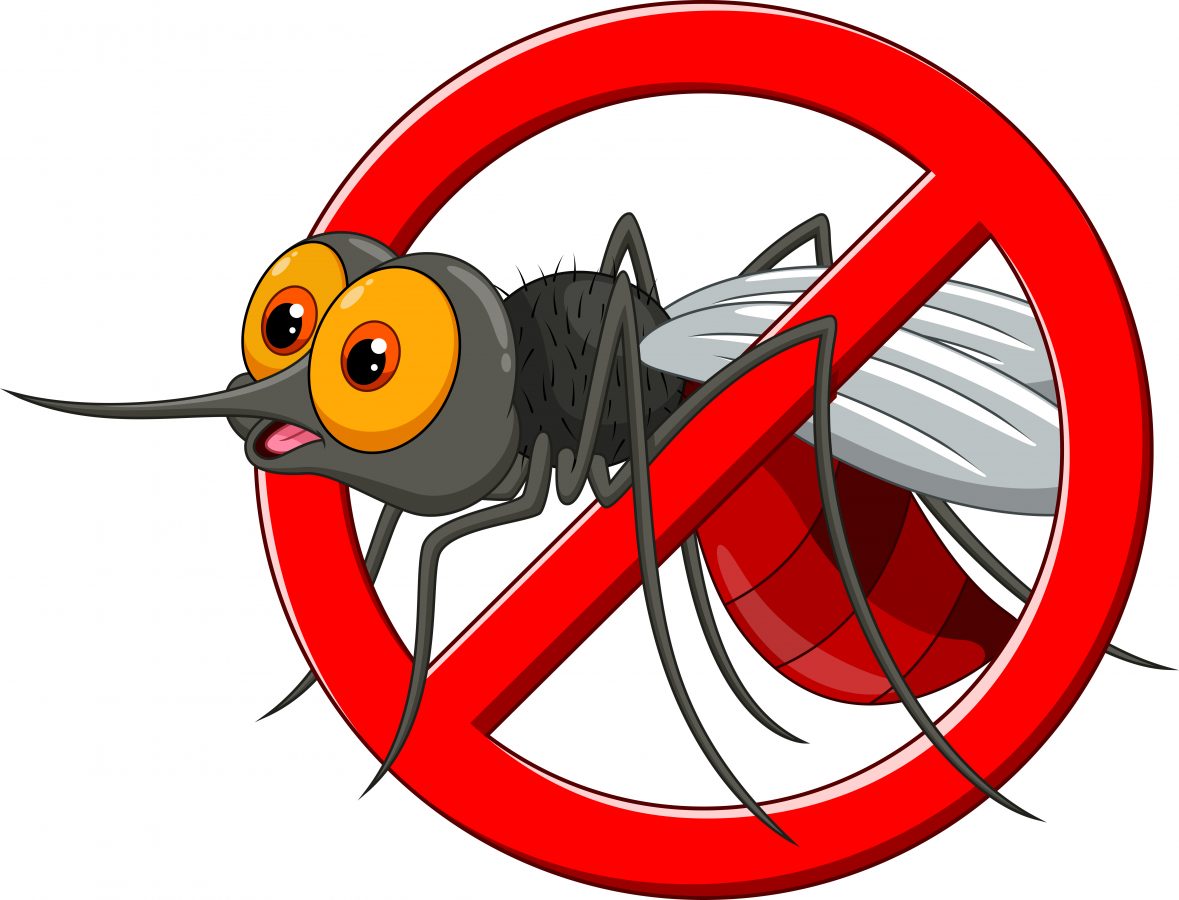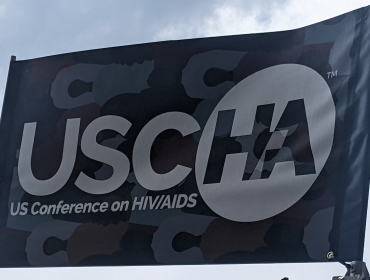Can Mosquitoes Spread HIV?
Definition of HIV/AIDS
HIV/AIDS is a virus that causes Acquired Immunodeficiency Syndrome (AIDS). This condition weakens the body’s immune system and makes it susceptible to infections and certain cancers. HIV is spread through unprotected sexual contact, contaminated blood, blood transfusions, needles shared between IV drug users, and from an infected mother to her baby during childbirth or breastfeeding. AIDS is the advanced stage of HIV infection, in which the person has severe immunodeficiency and is at risk for opportunistic infections such as Pneumocystis pneumonia, Kaposi’s sarcoma, and others.
Mosquitoes and Their Role in Disease Transmission
Mosquitoes are tiny, flying insects found in many parts of the world. They have a long proboscis which they use to feed on the blood of animals and humans. Mosquitoes also transmit Malaria, Dengue, West Nile virus, Chikungunya, Yellow Fever, and Zika. These diseases can cause severe illness and even death in some cases. Mosquitoes can transmit these diseases through saliva when they bite an infected animal or person. It is vital to take precautions against mosquitoes to reduce the risk of contracting these potentially deadly diseases.
What is HIV?
HIV, which stands for human immunodeficiency virus, is a virus that attacks the cells in the body’s immune system, making it harder for the body to fight off infections and diseases. HIV can be spread through contact with infected blood, semen, pre-seminal fluid, or other bodily fluids. If left untreated, HIV can progress to acquired immunodeficiency syndrome (AIDS), which can take many years to develop. Symptoms of HIV may include fever, fatigue, swollen lymph nodes, and skin rashes. Treatment for HIV includes antiretroviral therapy (ART), which helps to reduce the amount of virus in the body and strengthen the immune system.
How is HIV Transmitted?
HIV is a virus that can be transmitted through the exchange of certain bodily fluids, including blood, semen, breast milk, and vaginal secretions. It is not spread through saliva or sweat.
For transmission to happen, the HIV in these fluids would need to get into the bloodstream of another person via a mucous membrane (found in the rectum, vagina, penis, and mouth). This can happen during unprotected sexual contact with an infected partner; sharing needles or syringes contaminated with HIV; or from mother to infant during pregnancy, childbirth, or breastfeeding.
It’s important to note that HIV cannot be transmitted through everyday activities like hugging, shaking hands, sharing food and drinks, and using public toilets and swimming pools.
Suppose you think you have been exposed to HIV. In that case, getting tested as soon as possible is crucial so you can begin treatment if necessary.

Can Mosquitoes Transmit HIV?
Can mosquitoes transmit HIV? This question has been asked for years, and the answer is no. Mosquitoes cannot become infected with HIV and thus cannot transfer it. A mosquito’s proboscis has two tubes: one to suck blood from its host and the other to inject saliva into the host. The saliva contains anticoagulants that help keep the blood flowing. Still, it does not have enough of the virus particles necessary for the transmission of HIV.
In addition, mosquitoes lack the receptor HIV uses to recognize immune cells. This means that even if a mosquito could acquire an HIV infection, it could not spread it further.
It is important to note that while mosquitoes cannot transmit HIV, they can still spread other infections, such as malaria and dengue fever. Therefore, taking precautions against mosquito bites is important to reduce your risk of contracting these illnesses.
Can A Mosquito Spread HIV If You Accidentally Squish Them?
No, a mosquito cannot spread HIV if you accidentally squish them. As mentioned earlier, HIV is only transmitted through certain bodily fluids, such as breast milk, blood, semen, and vaginal secretions. Mosquitoes cannot transmit these fluids from one person to another and, therefore, cannot spread HIV.

Mosquitoes Transmitting HIV and Other Diseases
Yes, mosquitoes can transmit certain diseases. Infections like syphilis and Zika have been shown to be transmittable by mosquitoes in some cases. In addition, other viruses, such as West Nile virus and Chikungunya, can also be spread by mosquitoes.
Summary of Findings
Recent research findings have demonstrated that HIV is not transmitted through everyday activities like hugging, shaking hands, sharing food and drinks, or using public toilets and swimming pools. Instead, it is primarily transmitted by exchanging bodily fluids, including blood, semen, breast milk, and vaginal secretions. If these fluids come into contact with a mucous membrane (found in the rectum, vagina, penis, and mouth) of an HIV-negative person from an infected partner or other source, transmission can occur. Additionally, HIV cannot be transmitted by mosquitoes. It is essential to get tested for HIV if you think you may have been exposed so that you can begin treatment if necessary.
Need for Further Research on Mosquito-borne Diseases and Prevention Strategies
There is a need for further research on mosquito-borne diseases, particularly in terms of prevention strategies. Mosquitoes are a significant vector for the transmission of many infectious diseases, such as malaria and dengue fever, which can be challenging to treat and even deadly in some cases. Research focusing on reducing the prevalence of mosquitoes through insecticides or other methods and how to limit the spread of mosquito-borne diseases could save countless lives each year. In addition, more research should be conducted to better understand why HIV cannot be transmitted by mosquitoes and what factors must exist for other viruses or illnesses to spread through this vector. So, can mosquitoes spread HIV? We hope this article answers that question. If you suspect you are experiencing STD or HIV symptoms, we can help you get tested. It’s what we do best!
Medically Reviewed by Joshua Hwang, MD on March 5, 2023
Secure and Confidential
STD testing services
The fastest results possbile - available in 1 to 2 days

Tagged
Categorized As
Author: STD Check Editorial Team
At STDCheck.com, we go to great lengths to ensure quality content. We’re using our own collection of data. It is not bought or made up for “click-bait” purposes. We don’t entice traffic with cheesy graphics or raunchy headlines. Our information is to promote STD testing, educate people, let go of social stigmas, and bring awareness. We also provide a completely confidential atmosphere through private testing. When we produce an article, it is fact-based. We check it with medical advisors that approve it. Our staff consists of doctors and other medical professionals who peer review the content we make available on STDCheck.com. From all over the world, we have sourced the best and the brightest content developers, including medical professionals, marketing engineers, data scientists, content specialists, and media relations.




